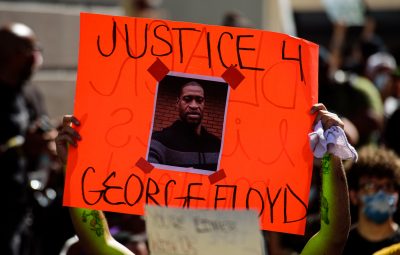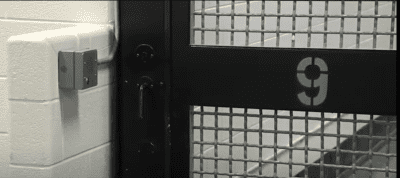A controversial Tennessee law mandating felony charges for all threats of mass violence — regardless of credibility — has sparked concerns about its devastating impact on Black students with disabilities. The legislation, enacted after Nashville’s Covenant School shooting, represents a troubling intersection of zero-tolerance policies and systemic inequities in school discipline.
The human cost of inflexible legislation
The case of a 13-year-old Black student with autism in Hamilton County illustrates the law’s harsh consequences. After making an impulsive statement about his backpack containing his beloved plush toy, the child found himself handcuffed and transported to juvenile detention, reported the Atlanta Black Star News. Though his case was dismissed, the psychological trauma lingers — a stark reminder of how quickly Black childhood moments can escalate into life-altering encounters with law enforcement.
A familiar pattern emerges
The statistics paint a disturbing picture that resonates with those who’ve witnessed decades of disproportionate discipline in American schools. In Hamilton County alone, according to ProPublica, 18 students were arrested for making threats within the first six weeks of the school year. A significant percentage of these arrests involved Black students with disabilities, echoing historical patterns of marginalization in educational settings.
Competing protections and persistent gaps
While federal law theoretically protects students with disabilities from punishment related to their conditions, Tennessee’s new legislation creates a dangerous loophole. This legal contradiction places vulnerable students at the mercy of a system that often fails to recognize the nuances of their experiences, particularly when those experiences intersect with racial identity.
The ripple effects extend beyond individual incidents. Following recent high-profile school shootings, over 700 students across 45 states faced arrest for making threats — many of which were later deemed non-credible. This reactive approach disproportionately affects communities already navigating complex relationships with law enforcement and educational institutions.
The fight for meaningful reform
Disability rights advocates continue pushing for amendments that would protect students whose statements stem from their disabilities. However, their efforts face resistance from lawmakers who insist on maintaining rigid accountability regardless of circumstances. This stance ignores the complex reality of how disabilities manifest in educational settings, particularly for students of color who already face heightened scrutiny.
The need for change extends beyond legislative amendments. Educational institutions must develop more nuanced approaches to school safety that don’t compromise the well-being of their most vulnerable students. This includes implementing trauma-informed practices and creating support systems that recognize the intersection of disability and racial identity.
Moving forward with purpose
As conversations about school safety continue, it’s crucial to examine how well-intentioned policies can reinforce existing inequities. The experiences of Black students with disabilities under Tennessee’s law serve as a powerful reminder of the work needed to create truly inclusive educational environments.
The path forward requires a delicate balance between maintaining school safety and protecting vulnerable students from unnecessary criminalization. This means developing policies that recognize the complex interplay of disability, race and behavior while ensuring all students have the opportunity to learn and grow in supportive environments.
For families navigating these challenges, the stakes couldn’t be higher. The intersection of zero-tolerance policies and existing systemic biases creates a perfect storm that threatens to derail young lives before they truly begin. As communities grapple with these issues, the urgent need for reform becomes increasingly clear.
















